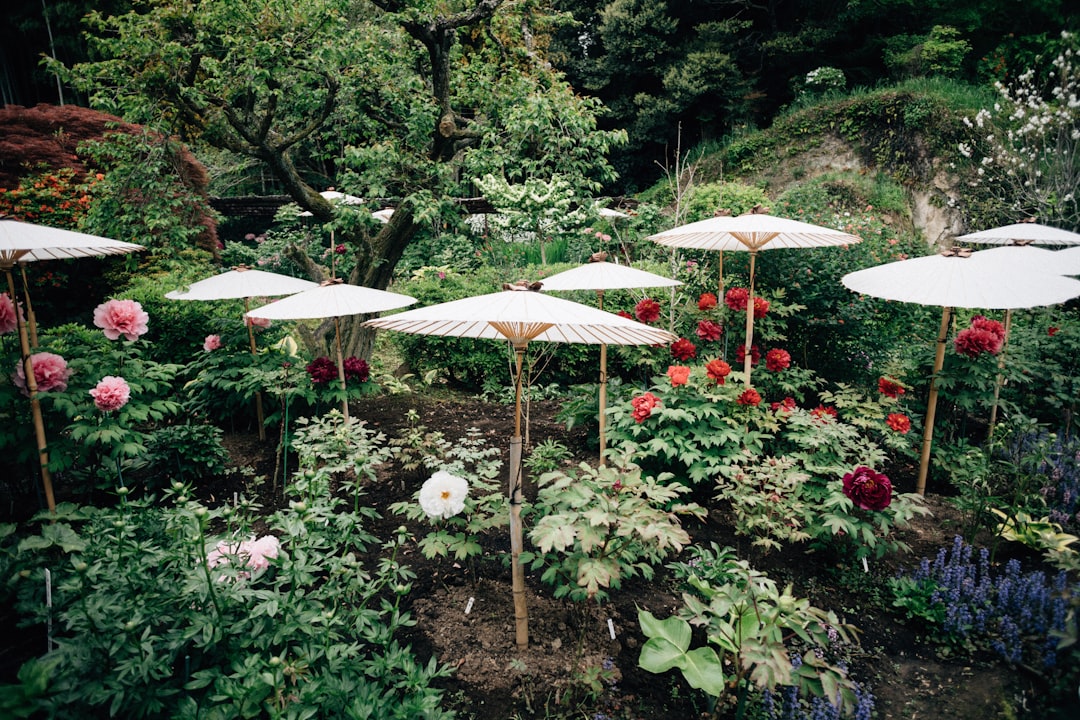Nature's Arsenal: Banishing Voles from Your Garden

When it comes to maintaining a beautiful and thriving garden, one of the most persistent challenges that gardeners often face is dealing with pests. Among these pests, voles can be particularly troublesome. These small, mouse - like rodents can cause significant damage to your lawn and garden, but the good news is that there are natural ways to get rid of them and keep them out.
Voles are known for their voracious appetites. They feed on a wide variety of plants, including the roots, bulbs, and bark of trees and shrubs. This can lead to stunted growth, wilting, and even the death of your beloved plants. In your lawn, they create a network of surface runways and burrows, which not only make the lawn look unsightly but can also cause tripping hazards.
One of the first steps in getting rid of voles is to understand their behavior and habitat. Voles prefer areas with dense ground cover, such as tall grass, thick mulch, and overgrown shrubs. They are also active year - round, although they are more visible during the winter when the snow cover reveals their runways. By modifying their habitat, you can make your garden less attractive to them.
Start by keeping your lawn well - mowed. Short grass reduces the cover that voles need to hide from predators and makes it easier for you to spot their activity. Remove any piles of leaves, debris, or wood from your garden, as these can provide shelter for voles. Also, trim back overgrown shrubs and bushes to eliminate hiding places.
Another natural way to deter voles is by using plants that they dislike. Some plants, such as daffodils, alliums, and garlic, have strong scents that voles find unappealing. Planting these around the perimeter of your garden or among your more vulnerable plants can act as a natural barrier. Additionally, marigolds are known to repel many pests, including voles, and can add a splash of color to your garden at the same time.
Predators are a gardener's best friend when it comes to controlling vole populations. Encouraging natural predators such as owls, hawks, and snakes can help keep the vole numbers in check. You can attract owls by installing owl boxes in your yard. These boxes provide a safe place for owls to nest and hunt. Snakes, on the other hand, are attracted to areas with plenty of cover and a food source. By creating a snake - friendly environment, such as a rock pile or a log pile, you can invite these beneficial predators into your garden.
Traps can also be an effective way to get rid of voles. There are several types of traps available, including live traps and snap traps. Live traps allow you to catch the voles without harming them, and you can then release them in a more suitable location away from your garden. Snap traps, on the other hand, are designed to kill the voles quickly and humanely. When using traps, it's important to place them in areas where vole activity is high, such as along their runways or near their burrows.
Another option is to use natural repellents. Castor oil - based repellents are a popular choice. These repellents work by irritating the voles' sense of smell and taste, making your garden an unappealing place for them to live. You can apply these repellents to the soil around your plants or spray them on the foliage. However, it's important to re - apply the repellent regularly, especially after heavy rain.
Finally, proper garden maintenance is crucial in preventing vole infestations. Regularly inspect your plants for signs of damage and take action immediately if you notice any. Keep your garden free of weeds, as these can provide additional cover for voles. Also, make sure to water your plants properly, as over - watering can create a moist environment that voles find attractive.
In conclusion, getting rid of voles and keeping them out of your lawn and garden naturally requires a combination of strategies. By modifying their habitat, using natural deterrents, encouraging predators, and maintaining a healthy garden, you can effectively control vole populations and protect your plants. With a little patience and effort, you can enjoy a beautiful, pest - free garden for years to come.